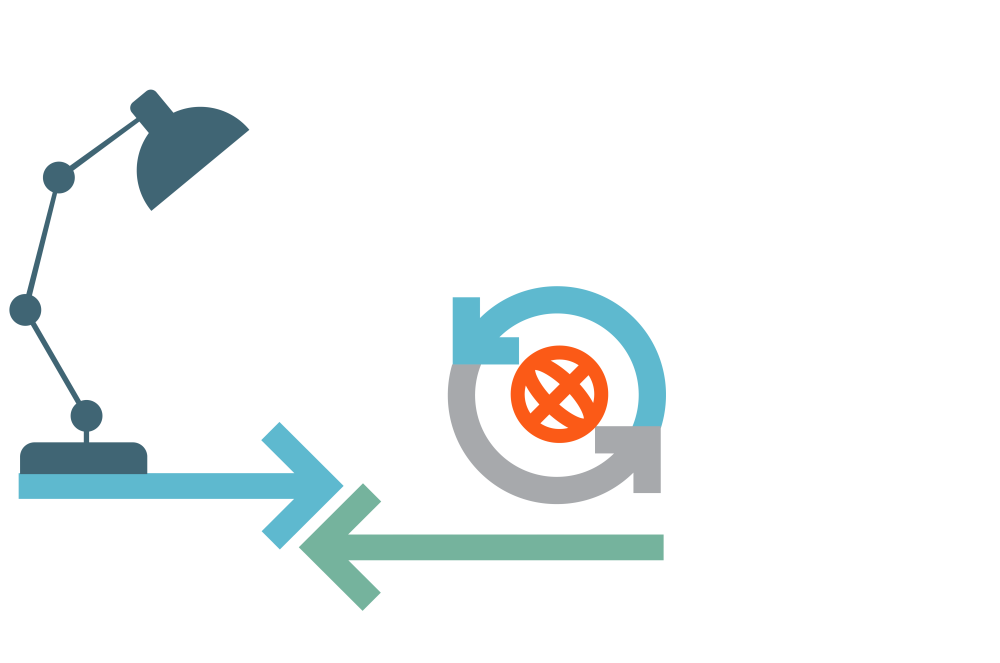2024 outlook

Market outlook
We expect 2024 to see similar trends to 2023 but with the picture improving through the period as confidence returns.
Trends likely to be seen particularly in H1 2024 include:
- deals needing regulatory approvals and therefore split exchange and completions;
- the digitalisation of deal processes;
- carve-out transactions, cross border, transformative and value creation deals being popular;
- non-traditional financing sources such as private credit but with more competition with traditional lenders;
- deals and the regulatory environment for businesses being increasingly complex;
- smaller deals being easier to execute and integrate, lower risk and less likely to come up against regulatory hurdles; and
- more W&I and more detailed due diligence and additional warranties in topical areas.
We anticipate that H2 will see:
- a return to more seller/company-friendly deal terms such as locked boxes, less contingent or deferred consideration or tranched investments;
- less credit risk concern;
- higher valuations at a level more palatable to sellers and companies;
- more accessible financing; and
- more seller-friendly processes through an increase in auctions and shorter and more predictable timelines.
Investors and buyers have already started to bake higher interest rates as the new norm into valuation models, and all parties are now more realistic about valuations leading to less disagreements on this front.
We anticipate that deal flow will increase as both large corporates and PE funds will increasingly make disposals of non-core assets from their groups or portfolios, as valuations improve. In addition, companies that have built up cash in lieu of executing acquisitions in recent times will now, thanks to improved market confidence, restart their acquisitive activities.
Private equity and venture capital
Many sponsors are now in a position where they need to deploy the funds they have raised in the last couple of years. According to Baker Tilly's Global dealmakers 2023: Europe M&A Market Update, 2 November 2023, globally, private market dealmakers are sitting on a record US$3.7tn of dry powder, of which US$1.1tn is sitting in buyout funds.
- New buy-out deals are likely to be smaller than the mega-buy-outs that were seen a few years ago, and sponsors will compete to acquire the most quality assets.
- Funds will benefit from the divestment of carve-out businesses and public targets that can be taken private.
- Sponsors will continue to deliver deals relying on innovative structures and funding such as acquiring minority stakes, buying assets from themselves via continuation funds and making higher cash investments where risk or funding is problematic.
- Buy and build strategies will continue to be pursued with smaller lower risk bolt-on acquisitions to existing portfolio entities; funds will have established efficient processes for these deals after focusing on them heavily in 2023.
- We predict a strong resurgence of activity in the venture eco-system; there is a good flow of start-ups across the continent of all sizes, with particular strength in technology, and European governments are continuing to enact policies to foster innovation and investment.
Equity capital markets
- We expect to see a modest recovery in European capital markets, though investors will continue to be selective on pricing and have high expectations on issuers to demonstrate a strong financial story.
- The recovery will lag behind private corporate transactions, but this delay will be put to good use by those companies wanting to go public in preparation for the transaction; timing the transaction will be critical.
- Resilience in follow-on issuances and the improved aftermarket performance of companies that listed in 2023 have demonstrated that the markets are rebounding and suitable for renewed IPO activity, providing assurance in the markets.
- Analysts are predicting a strong pipeline of PE-backed companies seeking a listing in 2024, particularly of larger assets, as those sponsors look for an exit route, after waiting for improved conditions in 2023.
- We anticipate that convertible bonds will be a popular investment type. They allow companies to borrow at a cheaper rate than a traditional bond, without the immediate dilution that would come through selling new equity.
Joint ventures and strategic alliances
- Joint ventures and strategic alliances are sometimes less risky alternative to partially divest of a business, or continue to run it with more support; resources can be pooled and risks shared and the search for a suitable acquirer can be avoided.
- This deal structure will be frequently used in the increasing number of supply chain deals.
- We expect cross-border joint venture deals across the European continent to be popular as a means of collaborating beyond geographic borders.
- It is therefore predicted that in 2024 there will be more transactions structured in this way.

Consolidations
- In Europe, many regional industries are fragmented. There is an opportunity in 2024, particularly in services, industrial products, food production and agribusiness, logistics and healthcare, for consolidation.
- Combinations can take advantage of synergies and efficiencies and share knowledge, thus growing quickly.
- For some businesses which are distressed, a consolidation may be the only way forward to cut costs and benefit from economies of scale.
Distressed assets
- The economy had a softer landing in 2023 than expected, but with lower for longer growth creating tough trading conditions, and depleting cash reserves over an extended period, there are predicted to be a high level of companies in distress and corporate insolvencies across Europe in 2024, increasing from a relatively elevated level in 2023.
- A business may not have fully bounced back after Covid-19 or may now be struggling to repay maturing debt borrowed at the height of the pandemic.
- UK companies may be struggling as a result of increased barriers to trade implemented as a result of Brexit.
- Owners of businesses may struggle to grow them organically in this testing economic environment. Some may be considering an exit after several years of finding trading taxing or facing the threat of insolvency; there is evidence of a sharp increase of SME owners now looking at selling.
- Acquirers with cash to spend and stronger businesses who can act quickly will be able to pick up distressed assets and businesses facing insolvency in 2024 at bargain prices which can be turned around relying on the acquirer's size, efficiencies and know-how.
- Rescue funding rounds and down rounds will be necessary for under-pressure start-ups and we expect to see the continued increased use of convertible loans in this context.